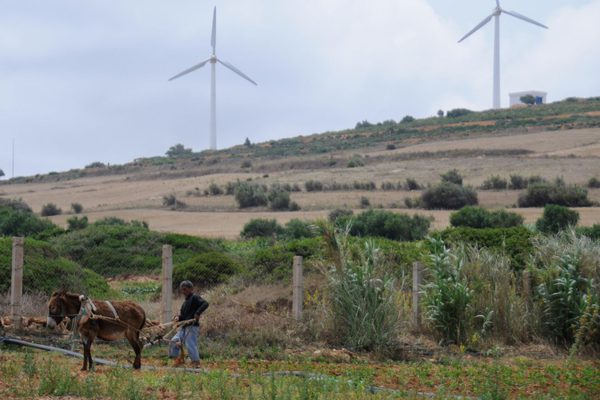How will recent and emerging human rights legislation impact commodity trading?
13 May 2025

IHRB's Senior Adviser, Vicky Bowman, gave a presentation at the Commodities Trading Week conference which covered recent developments including ongoing discussions on amendments the Corporate Sustainability Due Diligence Directive (CSDDD) and the Corporate Sustainability Reporting Directive (CSRD).
But she told the audience 'The human rights legislation that matters most to the sector are the trade-related regulations, as these determine what products can be placed on European markets, such as Regulations on conflict minerals, batteries, and deforestation.'
The latest of these trade regulations, relevant to both 'soft' i.e. agricultural commodities, and 'hard' ones (such as minerals) is the EU's 2024 Forced Labour Regulation.
This Regulation:
- applies from 13 December 2027
- forbids the placing and making available on the Union market, or the export from the Union market, of any product made using forced labour, defined in accordance with ILO conventions as "all work or service which is exacted from any person under the menace of any penalty and for which the said person has not offered himself voluntarily", or as a means of coercion, discipline or discrimination
- requires the European Commission to establish a non-exhaustive database of forced labour risks, indicating where there is reliable and verifiable evidence that products produced by a specific economic sector in particular geographic areas present a higher risk of being made with forced labour.
- allows for the Commission (for forced labour outside the EU) or member state authorities (for forced labour within their territory) may initiate an investigation if suspected violation, based on an assessment of possible risks
- allows that authority that led the investigation to take a final decision (i.e. ban, withdraw and dispose of a product made using forced labour) which will apply in all other EU member states, based on the principle of mutual recognition.
For around a decade, IHRB has worked with the support from the government of Switzerland, to help raise awareness of the human rights impacts in commodity value chains including by developing online guidance on the issues and legislation that matter most for the sector.




